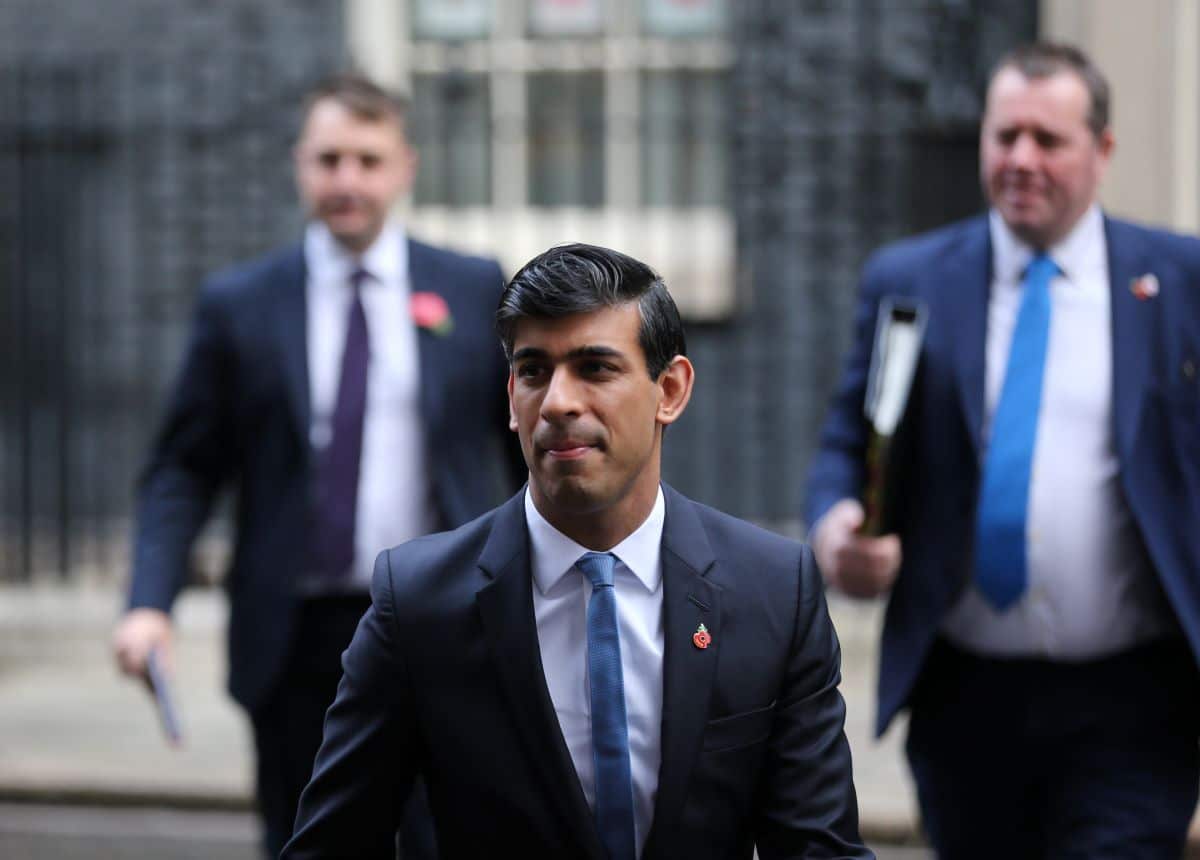At a press conference in Berlin with German Chancellor Olaf Schultz, Rishi Sunak said he wouldn’t “shy away” from public spending cuts to ensure there’s a large enough investment in British defence spending.
Questions Over Funding for Defence Spending
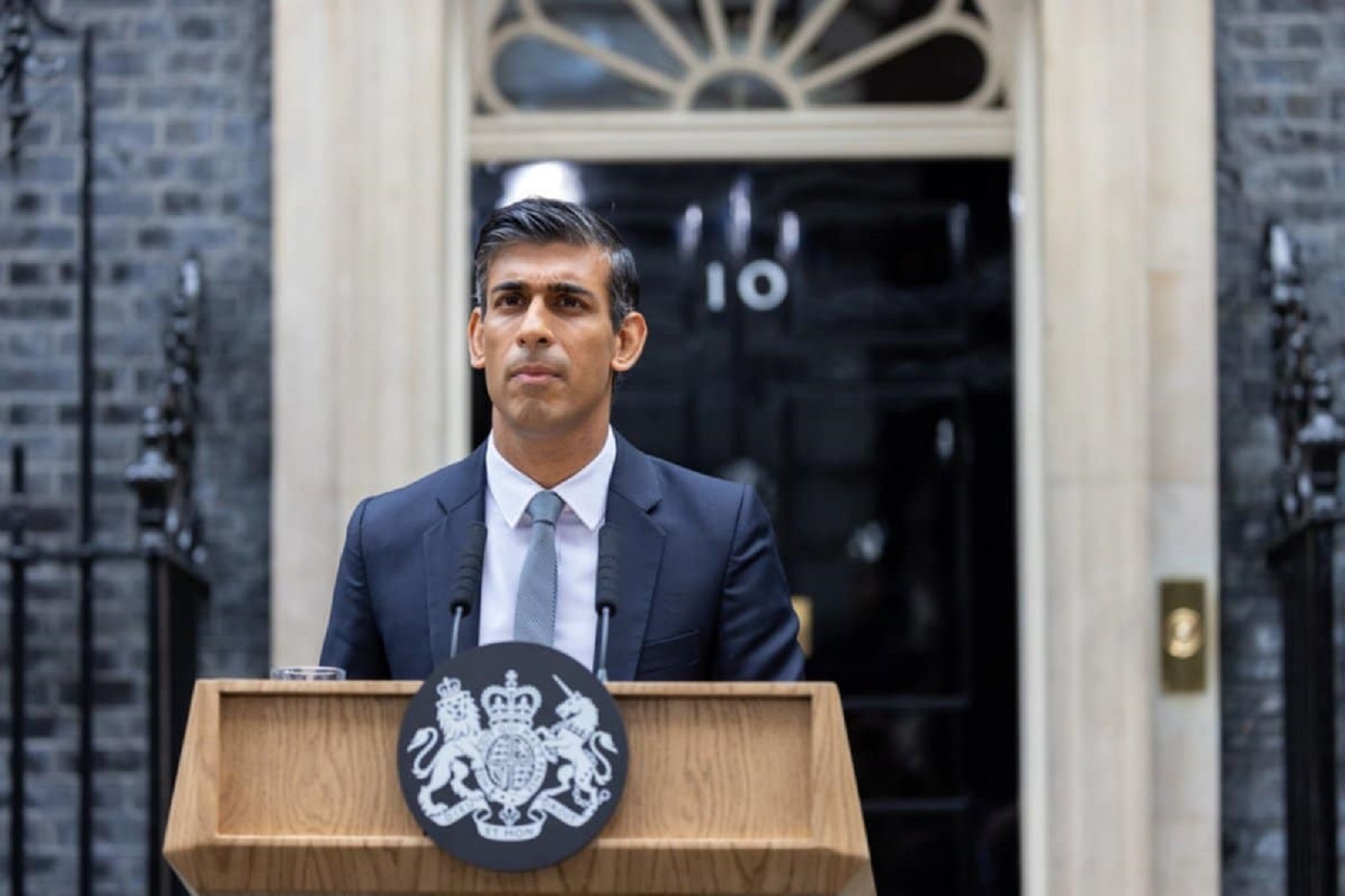
Given public finances are already somewhat stretched, Rishi Sunak has faced questions over how the additional financial commitment would be funded.
Commitment to Not Funding With Additional Debt
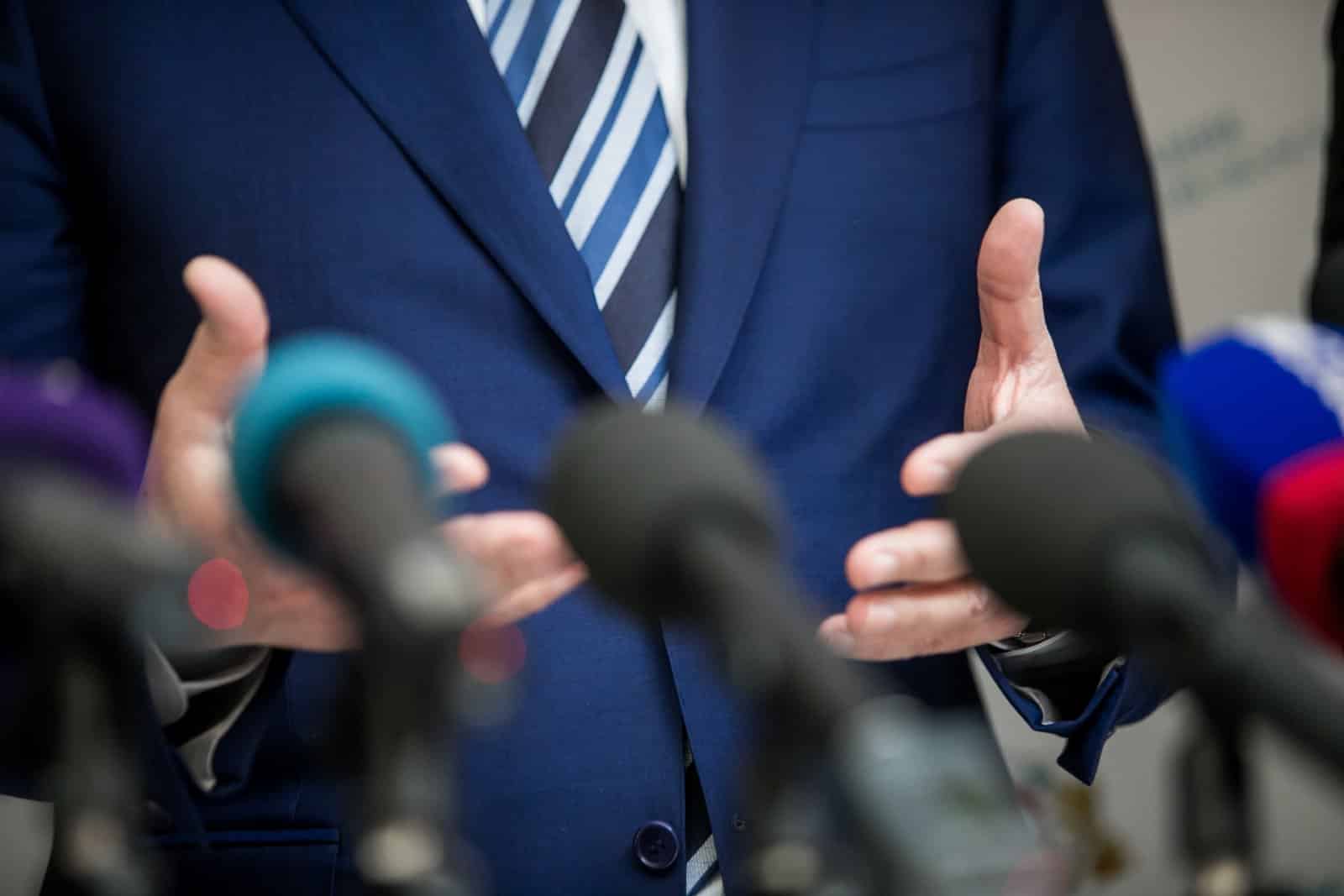
Sunak said that the increased spending was the “right thing to do” and that it wouldn’t blunt the government’s ability to offer further tax cuts in future.
Economic Growth Required
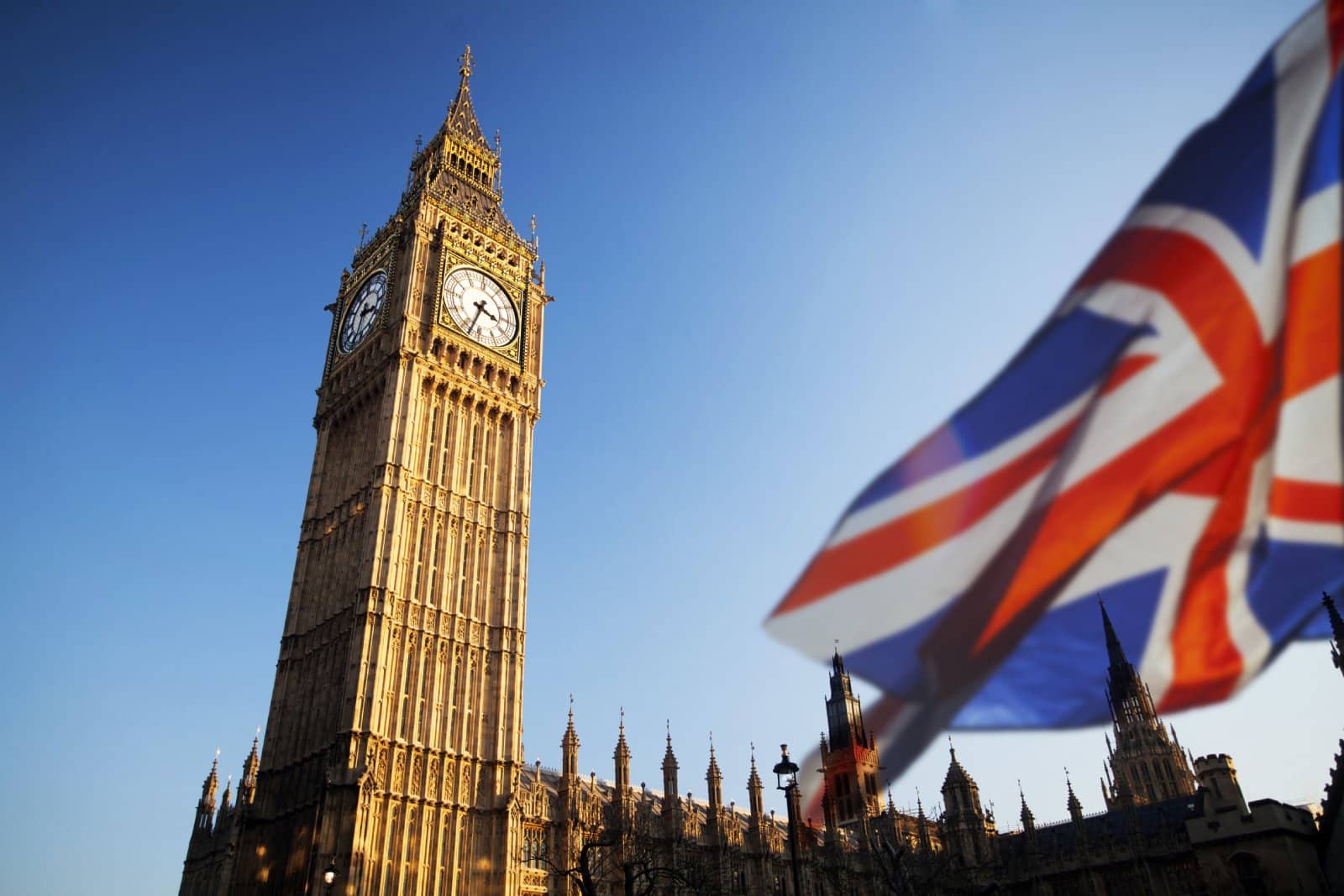
As per the story of the last decade, the government will be pinning its hopes on economic growth, allowing for an increase in spending without making further cuts.
Concerns Are Public Spending Will Be Cut
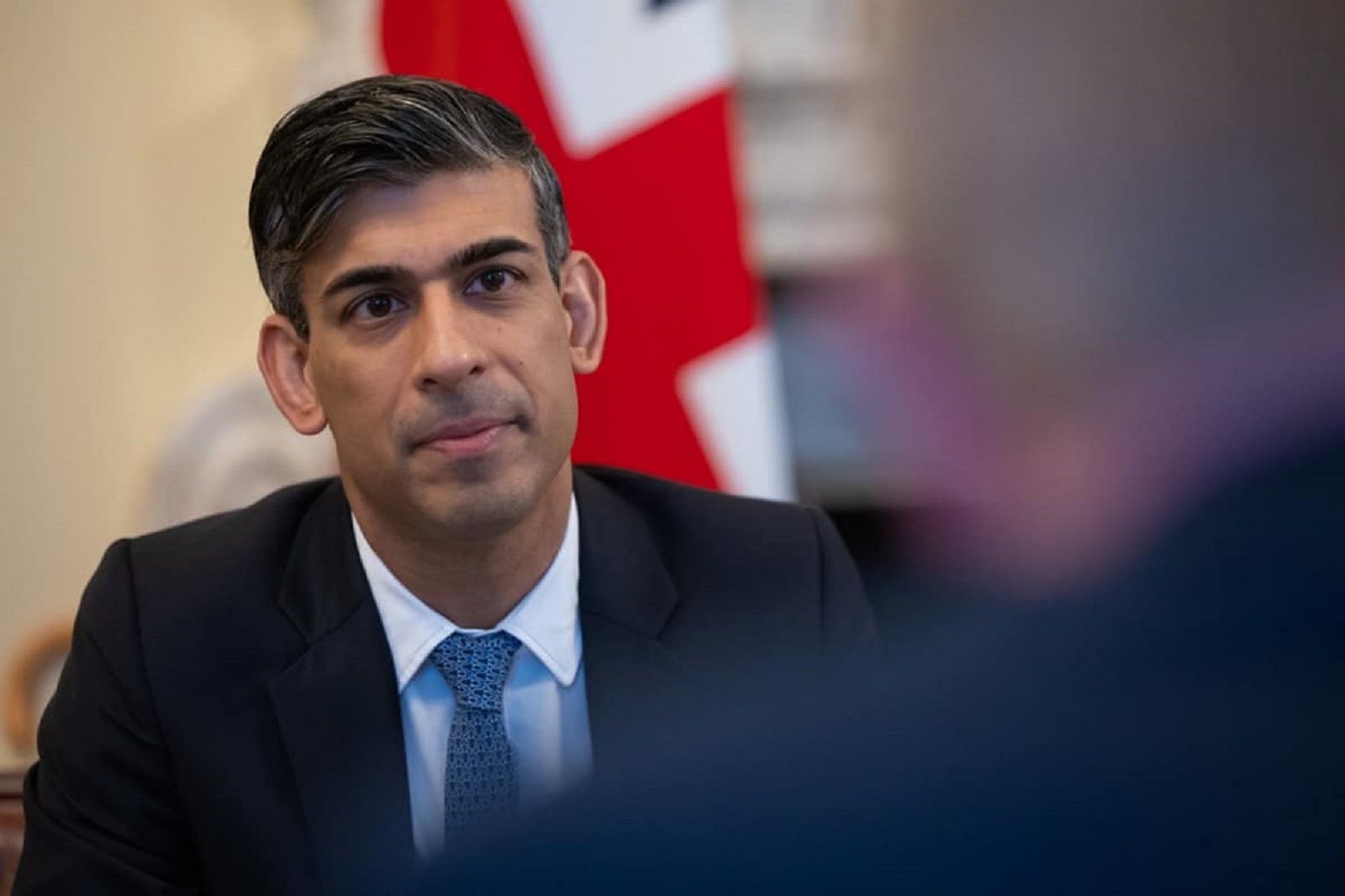
Sunak said, “We have made a choice and I am not shying away from that choice. All governing is about prioritising. I have decided to prioritise defence because I think that is the right thing to do for our country.”
NHS and Education Spending Unaffected

Certain budget areas are protected from cuts. These are the NHS and education budgets. They won’t be cut to fund further defence spending.
What the Increase in Defence Spending Looks Like
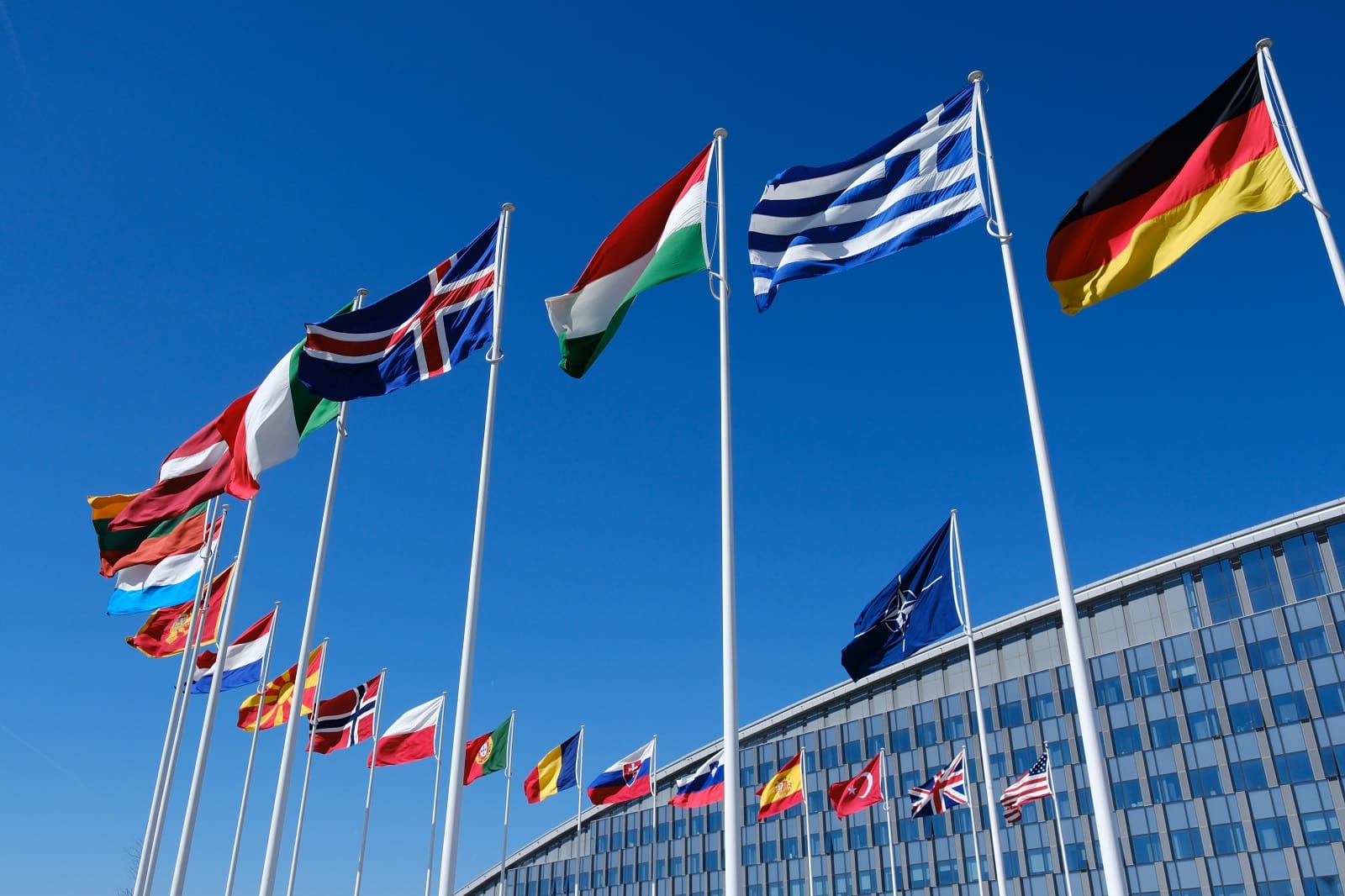
The pledge is for the UK to spend 2.5% of GDP on defence by 2030. That will see a rise of £75bn compared to current investment. The rise is designed to better equip the UK military in response to the global threat.
Sunak Confident in the Numbers
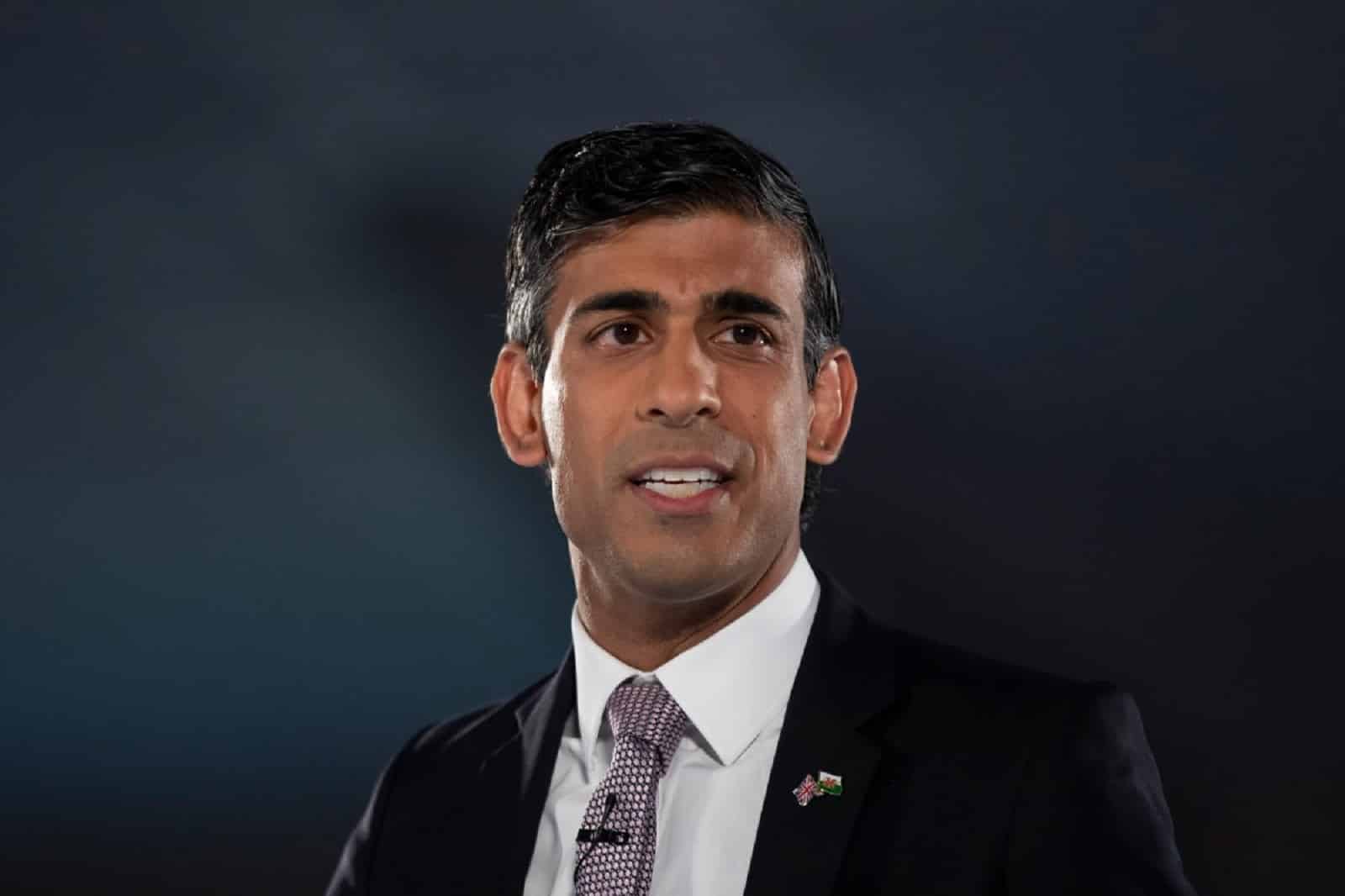
Sunak suggested the funding will, in part, come from cutting employee numbers. “It is a completely funded plan. We have got a very clear idea of how to reduce the civil service headcount, which has grown considerably over the last few years.”
Cuts Contributing Almost £3BN

Current numbers suggest that reducing civil service headcount would free up around £2.9bn towards the newly-increased defence budget.
No Further Announcement of Cuts

Outside of civil service headcount cuts, Sunak has remained tight-lipped about additional cuts. It’s generally not good practice in the run-up to an election.
Despite This, Economists Still Predicting Cuts

From the Institute for Fiscal Studies, Paul Johnson said: “The overall spending ‘envelope’ was set in the budget and hasn’t been adjusted. With no more spending overall (and no tax rises), that can mean only one thing: bigger spending cuts elsewhere.”
Experts Don’t Believe Sunak Promises

Torsten Bell, the director of the Resolution Foundation, is worried that the government’s promise of spending is pure fantasy. “The degree of fiscal commitments – fictions being built up for after this election – is a real problem.”
Government Spending Promises Unlikely to Be Delivered
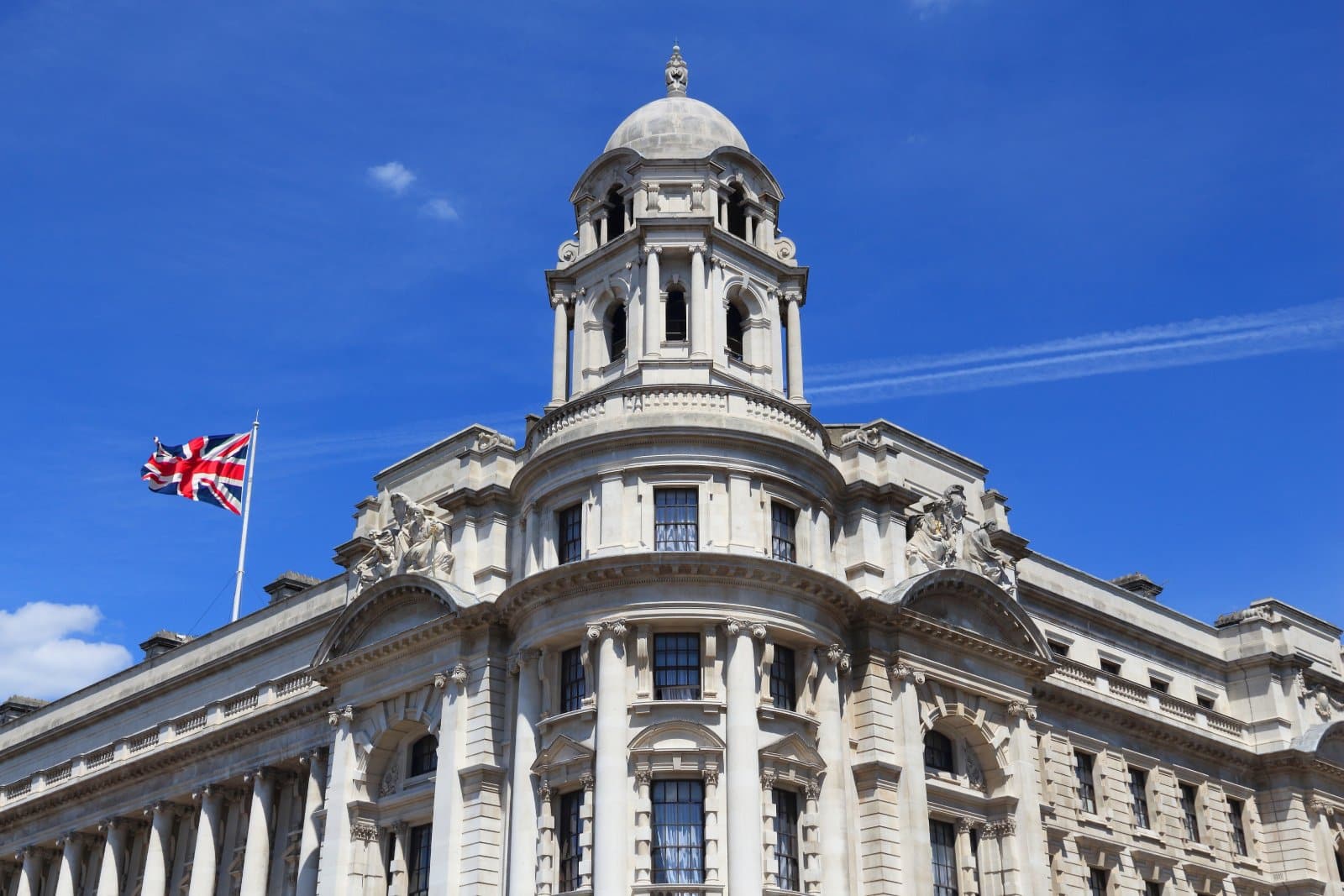
If the polls are to be believed, the government can promise whatever it wants to—the reality is that they won’t be the ones who have to honour the commitment. Labour is expected to take over after the election.
Labour Making Similar Commitments to Defence
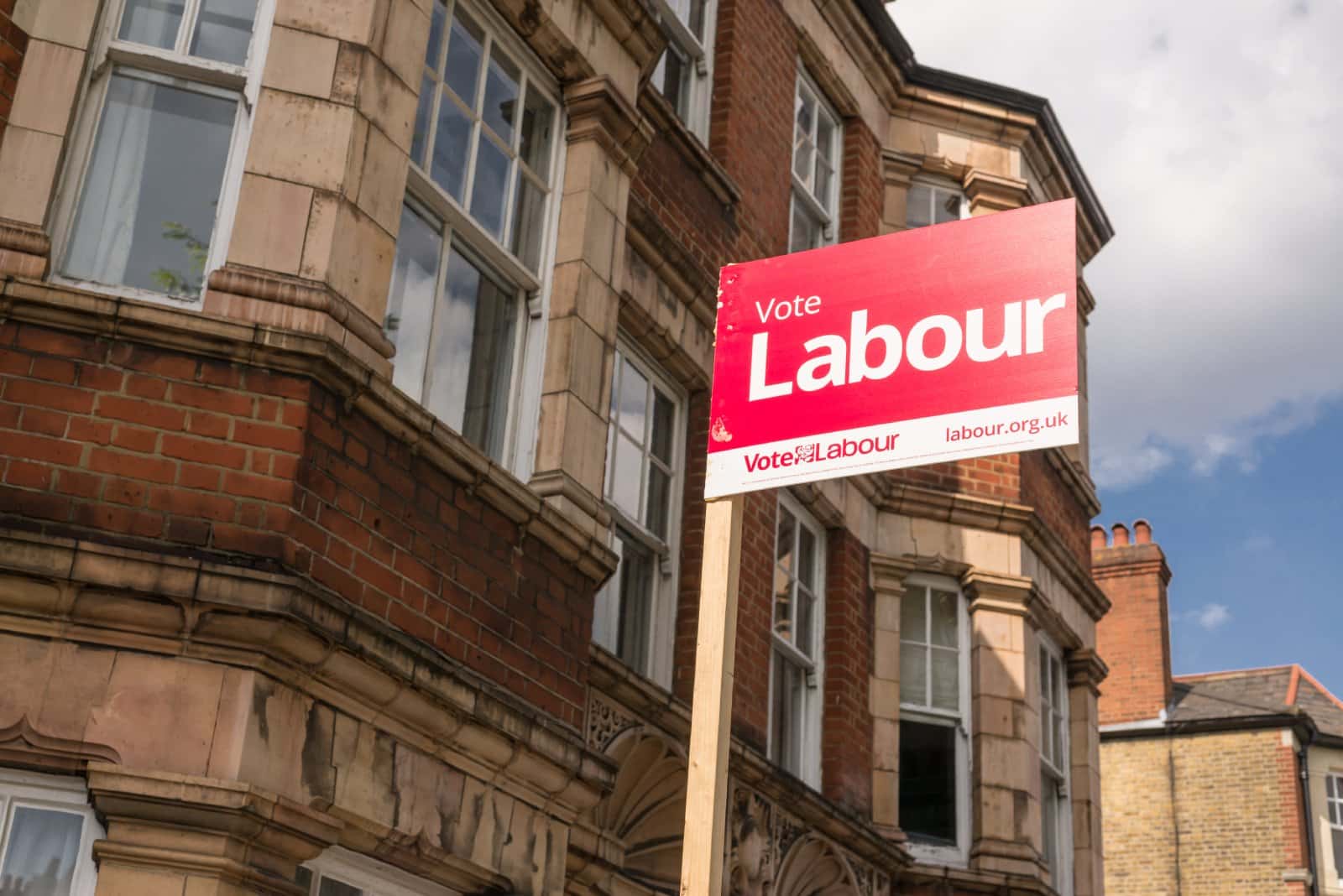
Keir Starmer has said that labour would spend 2.5% of GDP on defence “as soon as resources allow”. The only difference here is the time frame. The Tories put a firm date on the commitment.
Starmer Already Committed to Investment
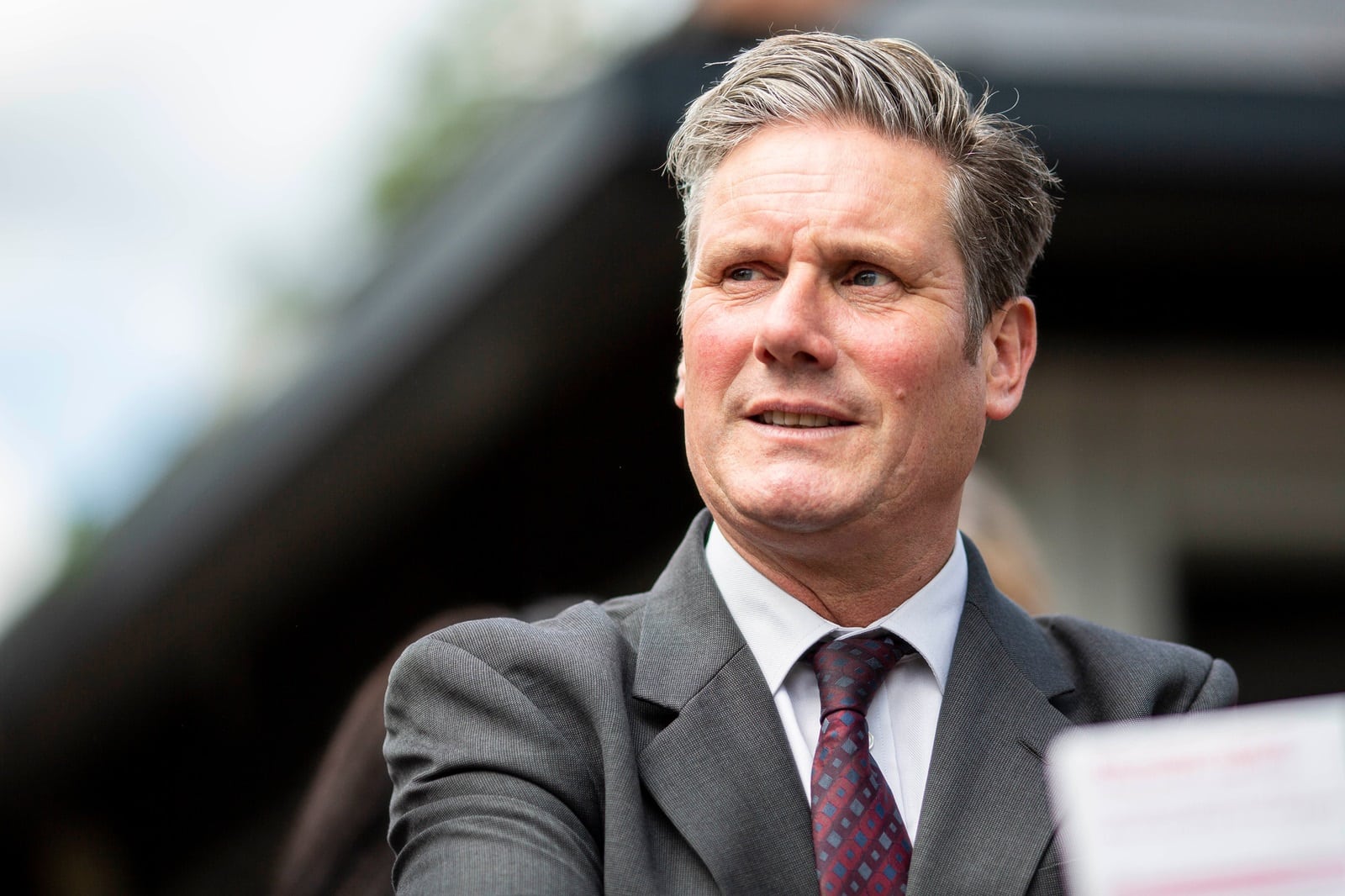
The Labour leader has already stated, “The changed Labour party I lead knows that our nation’s defence must always come first. Labour’s commitment to our nuclear deterrent is total.”
Defence Investment Seen as Economic Good

Investment in the military is an economic boost because it’s overwhelmingly domestic. This means the jobs created are UK jobs, and it supports the UK defence industry.
An Increase in Weapons Exports Creates Jobs

The UK is currently the 7th largest exporter of weapons in the world. With investment in the sector, it could grow significantly, creating jobs and increasing exports.
Current Size of UK Defence Employee Base

The UK defence sector employs nearly 150,000 people, which would increase with the extra investment. The jobs are generally highly skilled as well.
Defence Spending a War Deterrent
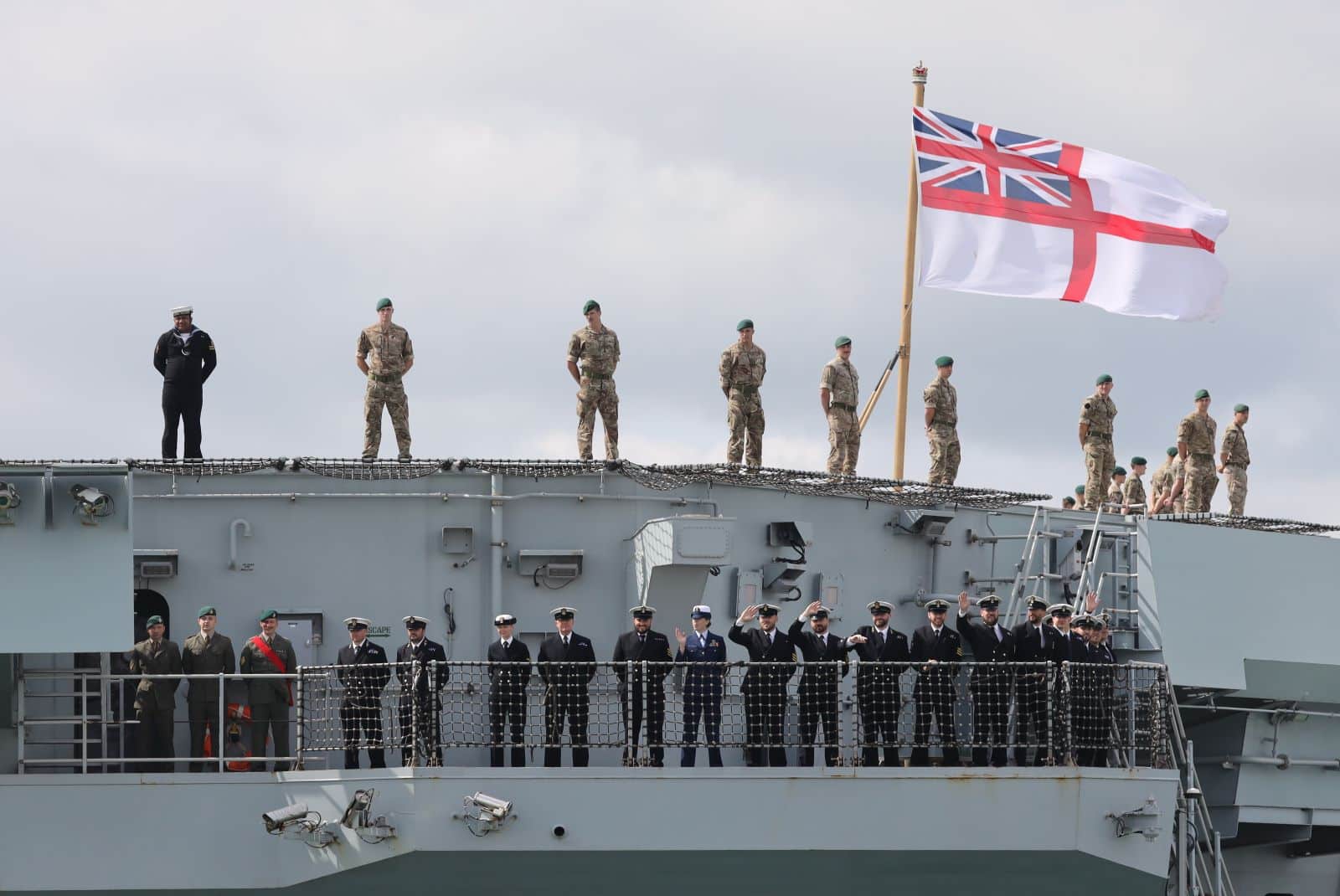
The hope is that spending on defence would never need to be used. The reality is somewhat different, though. Additionally, if a country is known to have an excellent military, they’re less likely to be targeted for attack.
Defence Spending Will Increase – It’s a Commitment.
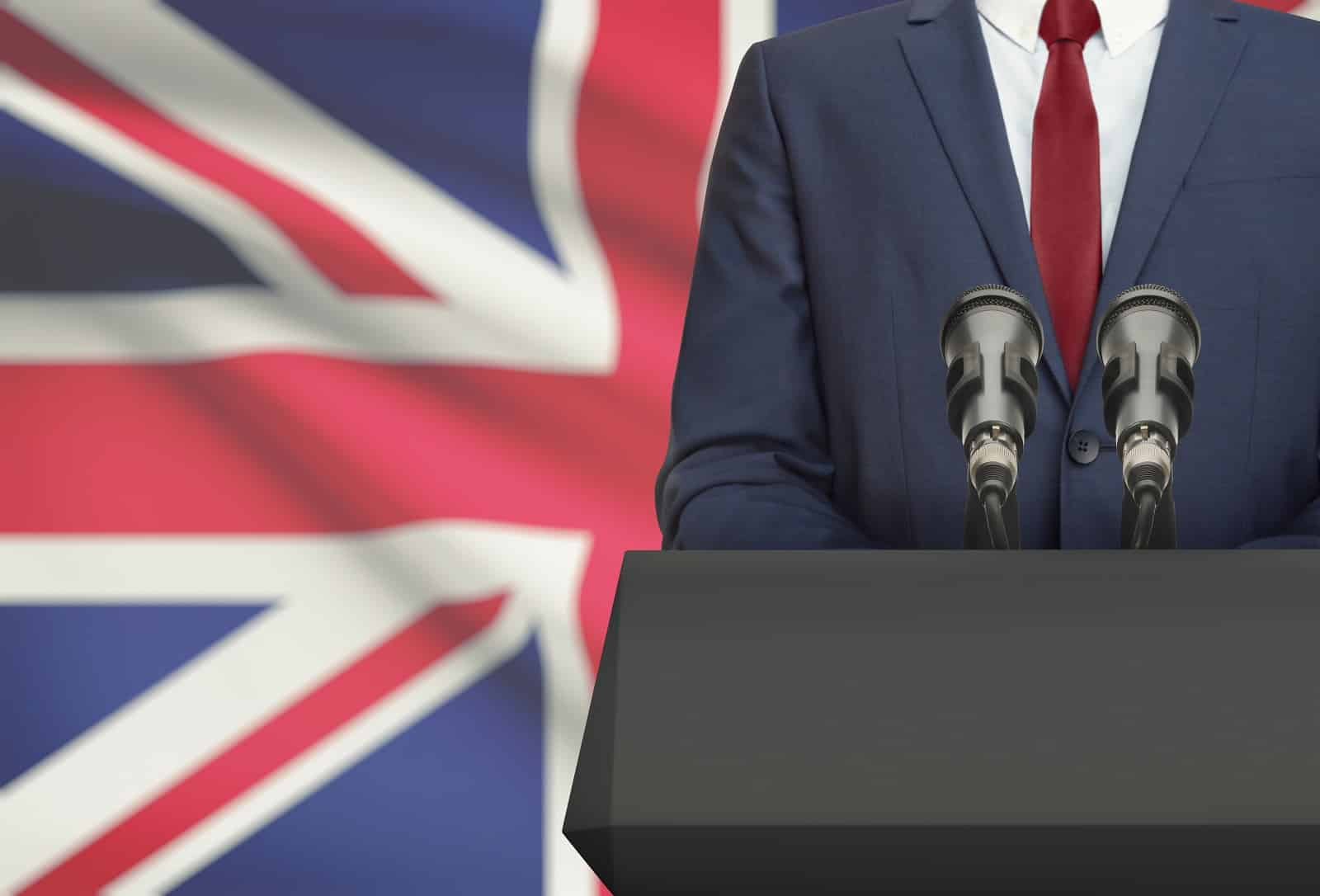
Whatever happens in the next election, expect defence spending to reach 2.5% of GDP in the medium term. Both major parties have committed to the increase, so it’ll happen.
More Articles Like This…
Broken Britain: 12 Reasons Behind the UK’s Decline
Say the Unsayable: 10 Occasions When Farage Spoke His Mind About Britain
The post Sunak Is ‘ Not Shying Away’ From Spending Cuts to Fund UK Defence first appeared on Edge Media.
Featured Image Credit: Shutterstock / I T S.

